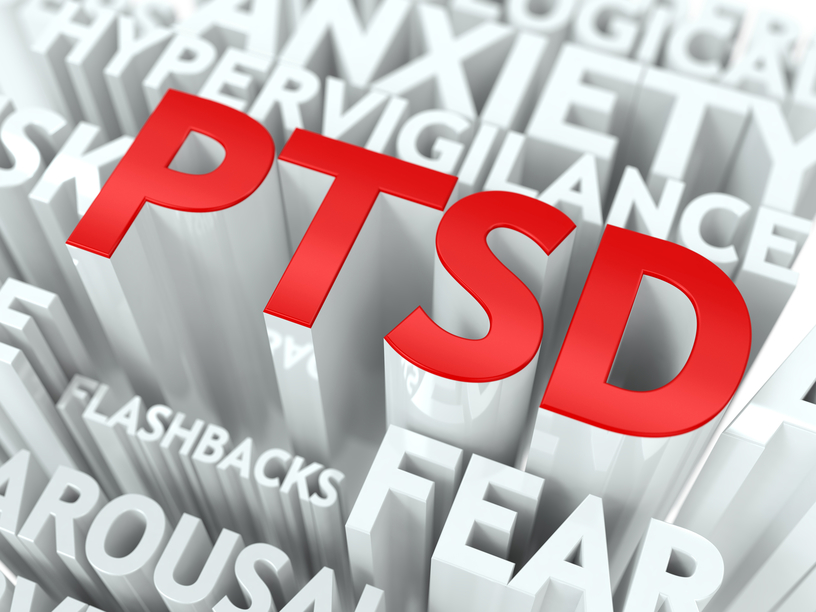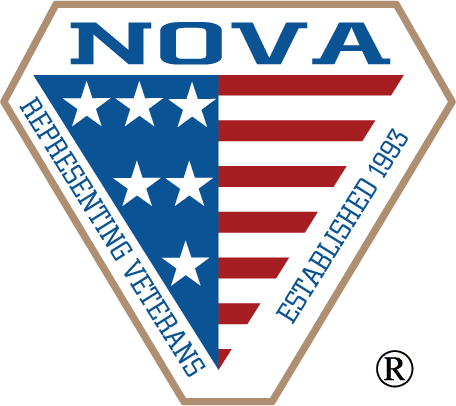
National Disgrace – 22 Veteran Suicides Every Single Day
As tragic as this death is, equally tragic are the other 21 veteran suicides that happen every day that go seemingly unnoticed by most people. That’s right – 22 veterans commit suicide every day. That is almost one per hour. When you go to bed, another 7 or 8 will have likely died by the time you wake. Another 440 will die this month. Another 3,784 this year. Even worse news – the number may actually be higher than 22 based on inaccurate state reporting.
Veteran Suicide Resources
There is a Veterans Crisis Line (phone 1-800-273-8255, or text to 838255) for veterans in their time of need. This crisis line has been credited with saving 48,000 veterans since its creation in 2007. Unfortunately, this has not been able to keep up with the demand of those in need. A recent investigation revealed the line receives 1,400 calls a day but can only field 1,000 of those.
How The Rest of Us Can Help
What can we, as individuals, do about this crisis? First, we all need to have a greater sense of awareness of the problem. That problem really has two parts – the vast number of veterans affected and the seriousness of the problem in the individual context. Left untreated, PTSD can be fatal. There are those who think veterans who struggle with mental illness are either faking or somehow wrong for having problems when all veterans are not similarly affected. That is a shame and contributes to the problem so many military families face. We need more resources for veterans fighting suicidal thoughts. Many of these are PTSD veterans, although not all of them carry a formal diagnosis. For anyone who has personal experience with PTSD will know, post-traumatic stress disorder take a huge toll on the servicemember and the rest of the family as well.
What can we, as a nation, do about this crisis? We need to research and develop the correct resources to help out veterans who struggle with mental illness. Like anything else, all of this requires funding. Our country can also demand that the Department of Veterans Affairs do its part to provide these veterans with fast and accessible treatment for their conditions. Finally, it can process PTSD and other mental health VA disability claims in an expeditious and non-adversarial manner. The only thing worse for an afflicted veteran than dealing with PTSD is trying to tackle that at the same time he is being erroneously denied VA disability benefits.
Our Veterans Disability Attorneys are Committed to Help
At Perkins Studdard, we help veterans every day. We understand how events in service can have devastating effects on a veteran later on, even years down the road. We often try to assure our veteran clients that the denials they receive in their VA disability claims are not a reflection on their service, their truthfulness, or the reality of their struggles with PTSD, depression, anxiety, and similar problems. However, we do see the toll a long VA disability claim can have on them.
If you know a veteran who may have PTSD or other mental health issues, be proactive in helping them find resources before it’s too late. Twenty-two veteran suicides every day is a national disgrace. Do what you can to help fulfill our nation’s promise to those whose sacrifice continues long after their service.






